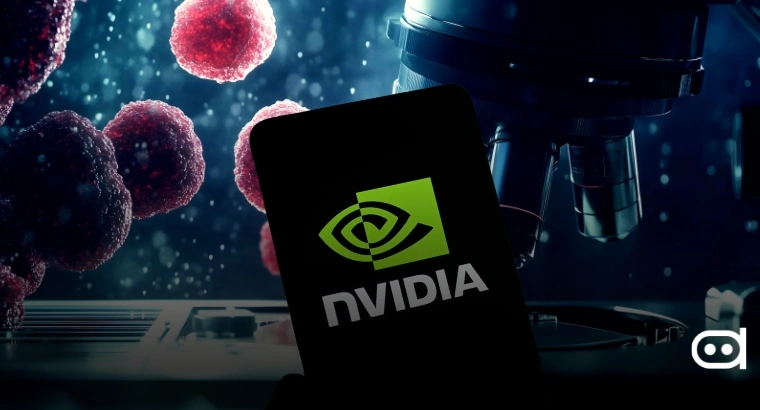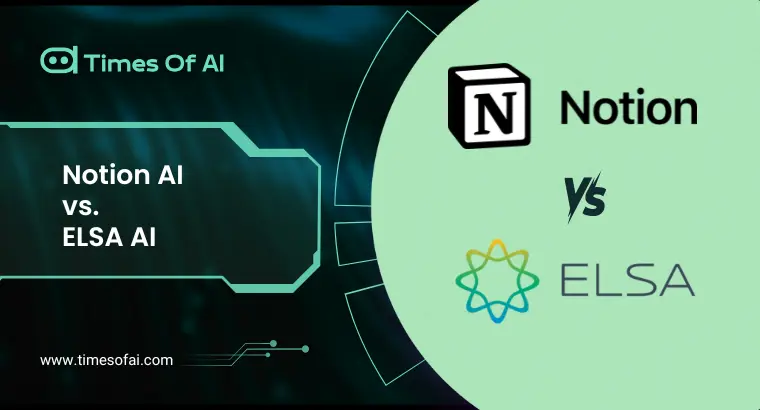
- AI and federated learning are rapidly changing the landscape of cancer detection.
- By enabling secure data sharing across medical centers, they allow for more accurate diagnostics without compromising patient privacy.
- This groundbreaking collaboration showcases the potential for improved early cancer detection and enhanced patient outcomes.
AI and federated learning have taken over the cancer detection landscape, utilizing technology and teamwork at its best. Cancer diagnosis has traditionally been done on limited data sets which can be inaccurate. It has, however, become possible to use a federated learning approach in which medical centers, while securing sensitive patient information, monetize their scarce resources. This is possible because institutions are able to collaborate and improve diagnostic models while preserving privacy in a healthcare model.
What is unique about AI and federated learning Compared to traditional methods is the ease of use. It allows for many locations to be visually analyzed without the necessity of any raw data being passed on physically. Only the results of the models are shared and not the data. Therefore, machine learning algorithms are utilized to develop and improve cancer detection models. Consequently, it leads to higher rates of detection especially for early cancer detection where treatment can provide favorable outcomes.
The project led by NVIDIA points out the significance of collaboration in healthcare. Medical centers that previously worked in silos are now able to access such knowledge from wider populations while ensuring the privacy of patients. This federated learning method not only enhances the speed at which AI in oncology goes into use but also reduces vulnerabilities witnessed in centralized data collection methods.
For the patients, this implies faster and correct detection of cancer which results in more successful treatment plans. For the health professionals in charge of the Policy Trend, It is AI and federated learning that relieves the hassle of disconnected research and equip them to be able to make informed decisions using a larger context of information.
Read More: Exploring AI’s Game-Changing Impact on CX at ISG Business Summit
On the horizon, the use of AI and federated learning appears to be a game changer in the way medical institutions will be dealing not only with cancer but other diseases as well. The promise of precise diagnoses and treatment options emerging for each patient seems to be beneficial to achieving global healthcare standards. There will be no end to the possibilities of helping achieve improved diagnostic accuracy and ultimately patient care as the nearly limitless developed applications such as artificial intelligence continue to be.
The timely application of AI and federated learning in cancer detection stands as one of the high points where medicine technology and the collaborative aspect integration take a twist aimed at improving health and saving millions of lives worldwide.
Latest News :
How Is AI-Driven Medical Coding Enhancing Pediatric Care By XpertDox & Blue Fish Pediatrics?
Google Faces €2.4 Billion EU Penalty Over Antitrust Violations





